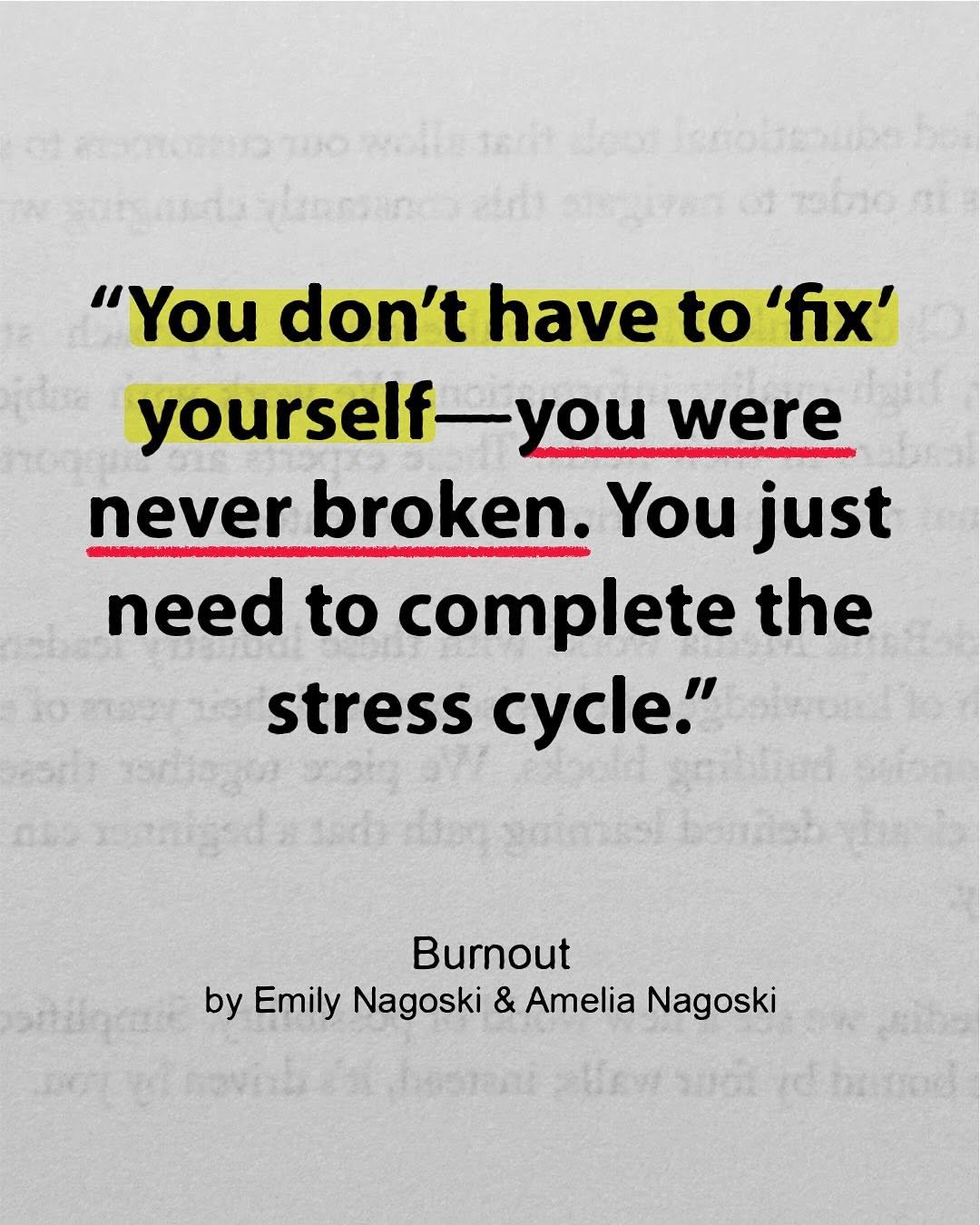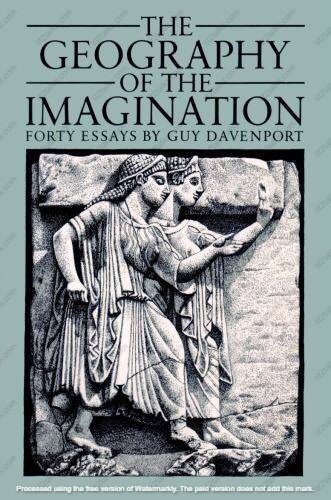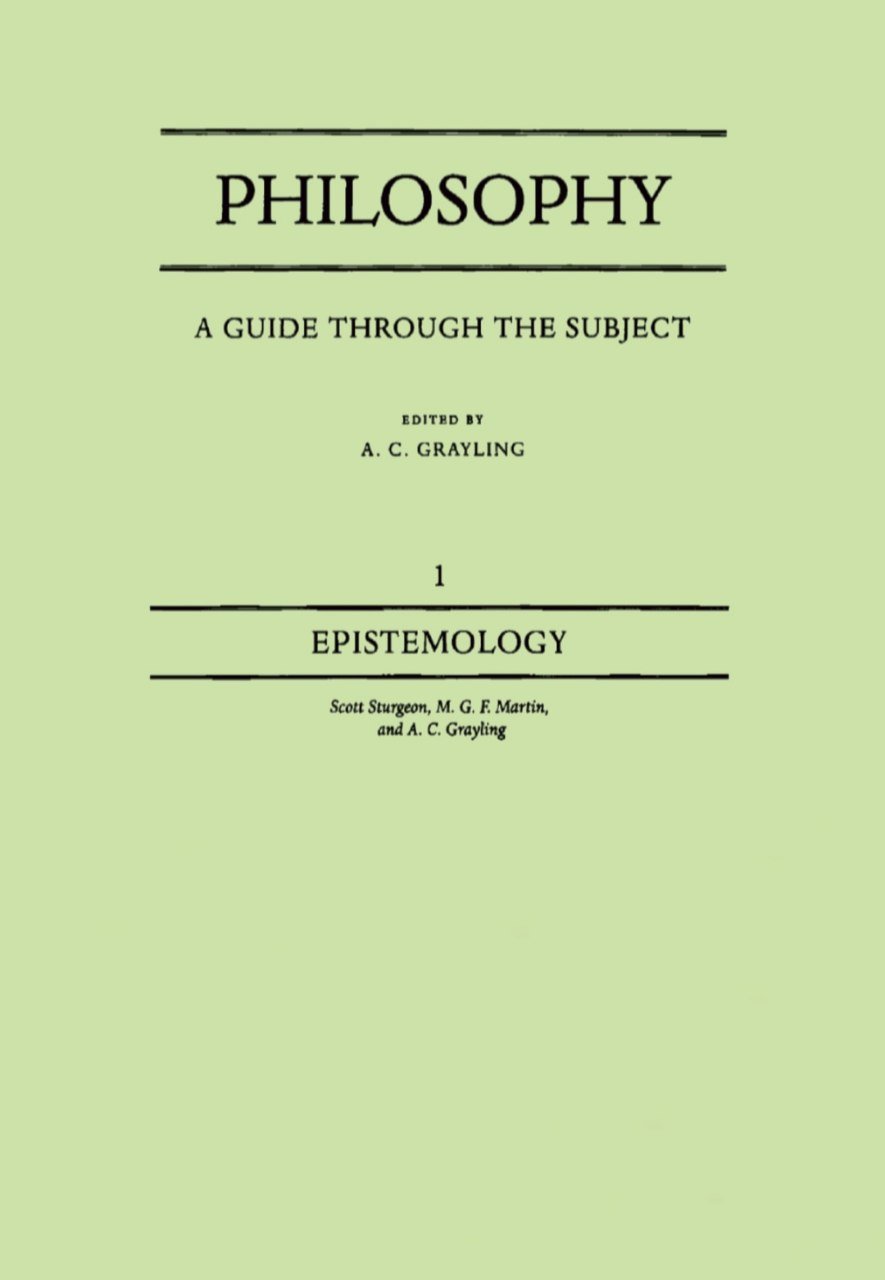

Understanding Deleuze by Claire Colebrook
Reviews
No review yet. Be the first to review this book!
Description
Understanding Deleuze by Claire Colebrook (2003) is a comprehensive and accessible introduction to the complex and often enigmatic philosophy of Gilles Deleuze, one of the most influential and original thinkers of the 20th century. Colebrook, a distinguished Deleuze scholar, offers a clear and insightful guide to Deleuze’s key ideas, concepts, and philosophical innovations, making them approachable for students, scholars, and readers encountering Deleuze’s thought for the first time. In this book, Colebrook systematically explores Deleuze’s major philosophical works, both his solo writings and his collaborations with Félix Guattari. She delves into Deleuze’s unique approach to traditional philosophical questions about metaphysics, epistemology, ethics, and aesthetics, while also illuminating his radical rethinking of subjectivity, difference, and desire. Colebrook frames Deleuze’s philosophy as a reaction against the dominant traditions of representation, identity, and dualism that have shaped Western thought since Plato. Instead, Deleuze proposes a philosophy of difference, becoming, and multiplicity—challenging us to rethink the world in terms of dynamic flows, processes, and intensities rather than fixed essences or identities. One of the central themes Colebrook explains is Deleuze’s concept of "difference-in-itself" as opposed to difference understood through negation or opposition. She explores how Deleuze critiques the metaphysics of identity and representation, offering an alternative ontology where difference is primary and productive. Colebrook also examines Deleuze’s notions of the "virtual" and the "actual," his philosophy of time, and his innovative ideas on ethics, politics, and life. The book pays particular attention to Deleuze’s collaborative works with Guattari, especially Anti-Oedipus and A Thousand Plateaus—texts that form the basis of their project of "schizoanalysis" and "rhizomatic" thought. Colebrook explains how these works critique psychoanalysis, capitalism, and traditional models of power, proposing instead a radically affirmative and open-ended mode of thinking that values multiplicity, heterogeneity, and creative experimentation. Furthermore, Colebrook contextualizes Deleuze’s work within the broader traditions of philosophy, comparing and contrasting his ideas with those of figures like Kant, Hegel, Nietzsche, Bergson, and Foucault. She highlights Deleuze’s deep engagement with literature, film, and art, showing how his philosophy extends beyond academic boundaries into the realms of aesthetics and cultural criticism. Ultimately, Understanding Deleuze presents Deleuze as a philosopher of transformation, becoming, and immanence—a thinker whose ideas challenge us to conceive life, thought, and politics in new and liberating ways. Claire Colebrook’s lucid exposition makes this an invaluable resource for those seeking to grasp Deleuze’s challenging but rewarding philosophy. This book is essential for students of philosophy, critical theory, cultural studies, and anyone interested in exploring the innovative ideas of Gilles Deleuze. Colebrook’s work succeeds in making Deleuze’s complex thought both intelligible and relevant to contemporary debates on subjectivity, politics, and creativity.
 May 03, 2025
May 03, 2025










 May 03, 2025
May 03, 2025
 May 03, 2025
May 03, 2025




 May 03, 2025
May 03, 2025
















.jpg)


.jpg)
.jpeg)
.jpg)


.jpg)





.jpeg)
.jpg)
.jpg)





.jpeg)















.jpeg)



.jpg)


.jpg)



.jpeg)




.png)


















































